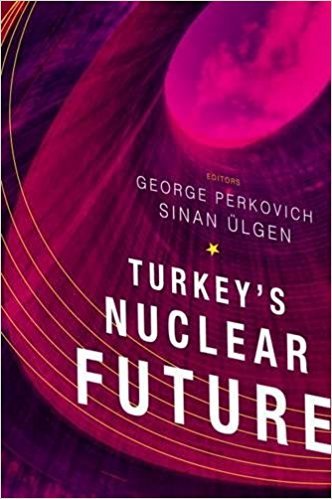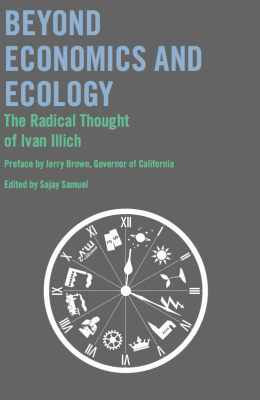Description
This post is also available in:
 العربية (Arabic)
العربية (Arabic)
Turkey, with a robust modern economy and growing energy needs, is pursuing a switch to nuclear power. But that shift is occurring in an environment fraught with security challenges: Turkey borders Iraq, Syria, and Iran—all states with nuclear or WMD ambitions or capabilities. As a NATO member, Turkey also hosts U.S. nuclear bombs on its territory, although some question the durability of this relationship.
This dynamic has naturally led to speculation that Turkish leaders might someday consider moving beyond a civilian course to develop nuclear weapons. Yet there has been remarkably little informed analysis and debate on Turkey’s nuclear future, either within the country or in broader international society.
This volume explores the current status and trajectory of Turkey’s nuclear program, adding historical perspective, analytical rigor, and strategic insight.
Foreword Introduction: Why Turkey? Sinan Ülgen
Chapter 1: Turkey and Nuclear Energy, Gürkan Kumbaro lu
Chapter 2: Regulating Nuclear Power, zak Atiyas
Chapter 3: The Origins of Turkey’s Nuclear Policy, Doruk Ergun
Chapter 4: Turkey’s National Security Strategy and NATO Nuclear Weapons, Can Kasapo lu
Chapter 5: Turkey and Missile Technology: Asymmetric Defense, Power Projection, and the Military-Industrial Complex, Aaron Stein
Chapter 6: Turkey, the Nonproliferation Treaty, and the Nuclear Suppliers Group, Mark Hibbs
Chapter 7: Turkey and Nuclear Weapons: Can This Be Real? Mustafa Kibaro lu
Chapter 8: Debating Turkey’s Nuclear Future, Jessica Varnum
Conclusion, George Perkovich
This post is also available in:
 العربية (Arabic)
العربية (Arabic)
 English
English 




